The CMP Review — Week of April 8
April 8, 2024
“our only means of true intimacy with a child is the power of recovering our own childhood—a power which we are apt to let slip as of no vital importance” (Vol. 1 p. 184)
@tessakeath
April 9, 2024
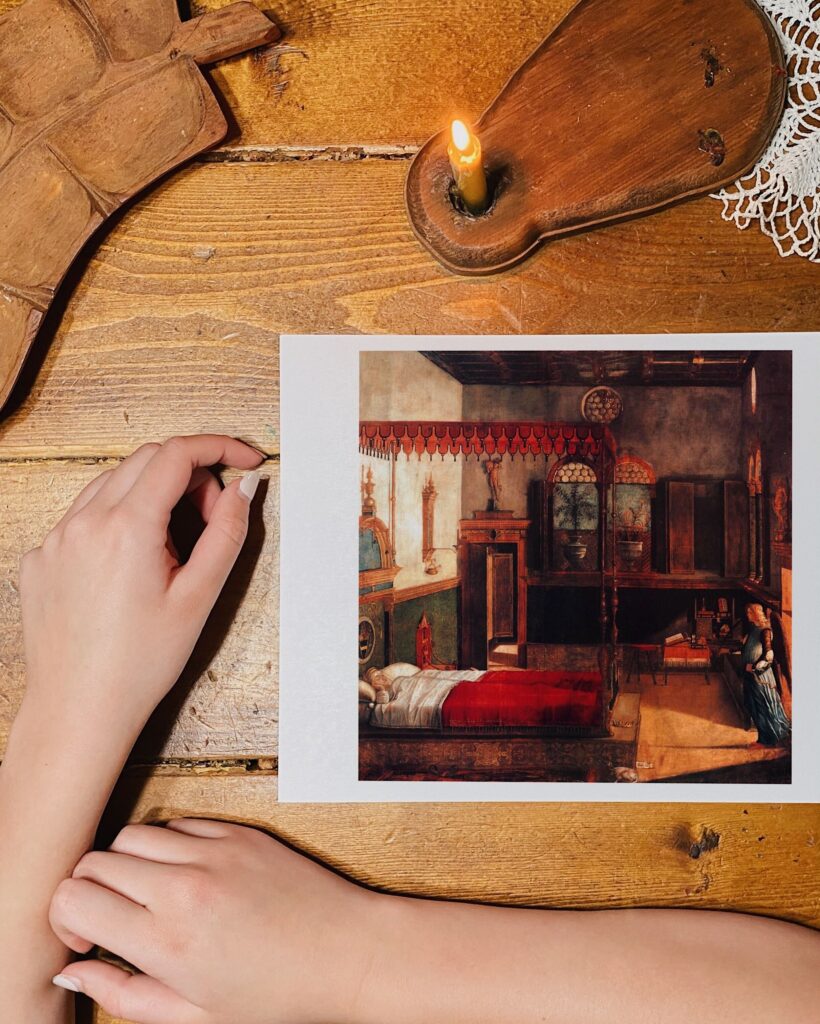
“In most schools of to-day the artistic training of children is given a secondary place as not being of utilitarian value.”
That seems to be a fair assessment of schools today, doesn’t it?
Except that these words were written not in 2024. They are from 1919.
Madeline C. M. Lambert studied at Charlotte Mason’s own House of Education before spending the rest of her life applying the method in a London school. Her life was later celebrated with these words: “All who remember her speak of the atmosphere she created in leading school prayers, making the truths of the Christian religion come alive, and helping others to see the faith by which she lived.”
In 1919, Miss Lambert wrote that “it rests with us whose calling it is to educate the young, unconsciously to help to create an atmosphere in which the mind can grow.” And a primary ingredient of that atmosphere is art.
Today we share Lambert’s article, now available on the web for the very first time. It is about more than just picture study. It is about restoring artistic training to its proper place in education. Find it here.
@artmiddlekauff
April 10, 2024
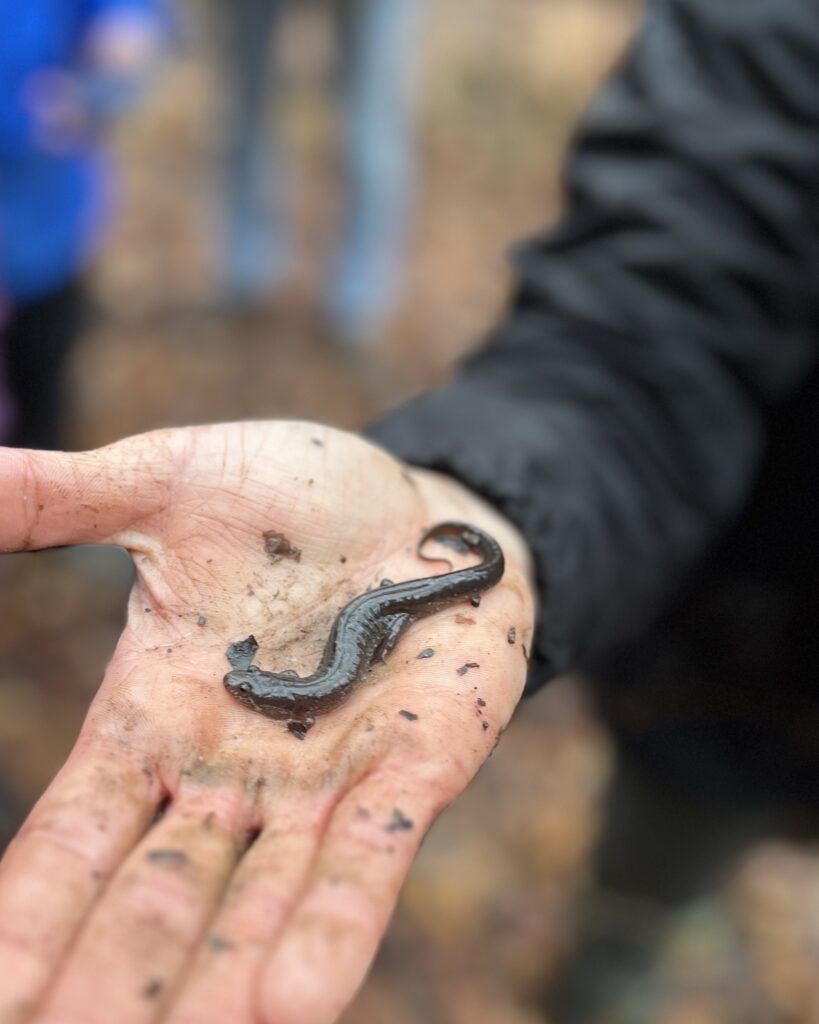
“There is a delightfully casual element in nature walks. We simply choose which way to go and then nature does the rest… For the fact is that we take whatever comes, and the unexpected always happens.”
The Story of Charlotte Mason, p. 71.
@rbaburina
April 11, 2024
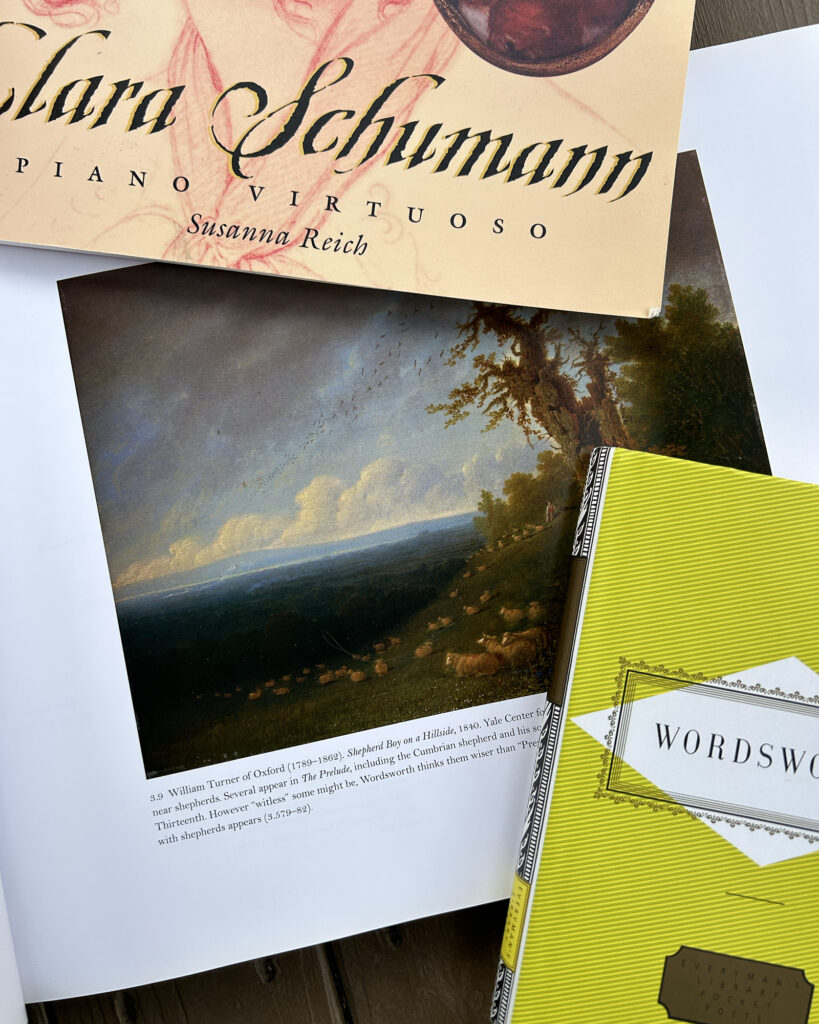
Looking back towards the end of her life, Charlotte Mason wrote, “Over thirty years ago… it occurred to me that a series of curricula might be devised embodying sound principles and securing that children should be in a position of less dependence on their teacher than they then were.”
Mason could only propose such a series of curricula because of her presuppositions: “I believe that all children bring with them much capacity which is not recognized by their teachers, chiefly intellectual capacity.” Because children have such unrecognized power, they do not need so much help from teachers. In fact, Mason says that we educators are apt to “drawn” this power “in deluges of explanation.”
When it comes to poetry studies, perhaps I took this principle a bit too far; if I did, however, it was only because of my limitations. One term I handed my son a book of Shakespeare’s poems and required him to read it. The next term, I handed him a book of Wordsworth’s poems and required the same. I offered no biography, no history, no commentary, no analysis. I offered poems.
Halfway through the Wordsworth term, my son called me over. “Shakespeare is like London,” he explained to me, “while Wordsworth is like the countryside. Shakespeare is very formal, while Wordsworth tells us about going on a walk.” My son had educated himself, and he wanted to share his learnings with me.
The moment that struck me the most, however, was when we were listening to Clara Schumann’s Piano Concerto in A minor near the end of the term. We had listened to it together several times, but I had never lectured or taught him about Clara Schumann’s composition style, place in musical history, or artistic contribution. I did, however, briefly express my admiration for the music at a particular point in the concerto.
“Yes, and we are coming up to the part I like the most,” he said. “The part that reminds me of Wordsworth.” Oh what hidden reflection and connection had been going on that I knew nothing about. A link between poetry and music that I could never have taught. A link that can only be the product of self-education.
@artmiddlekauff
April 12, 2024
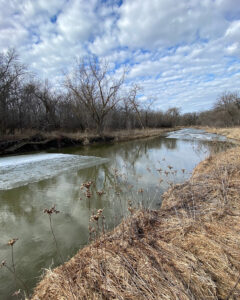
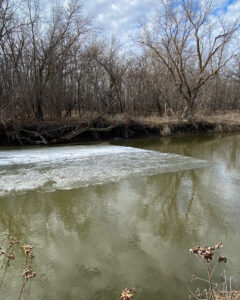
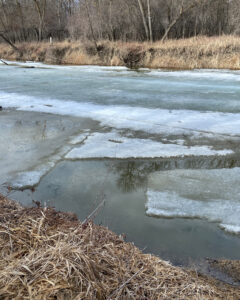
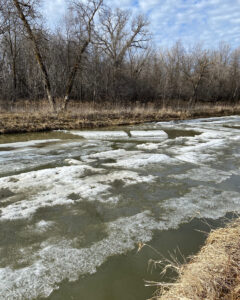
It is always fascinating to watch how the river thaws out.
This year, the ice is breaking up in straight lines and even in right angles! There is a large swath of open water river where the ice is gone completely. There are rectangular chunks that have broken off.
It is so interesting to watch how it changes from day to day.
We have quite a warm forecast for the next few days, so our ice might be gone very soon!
@antonella.f.greco
April 13, 2024
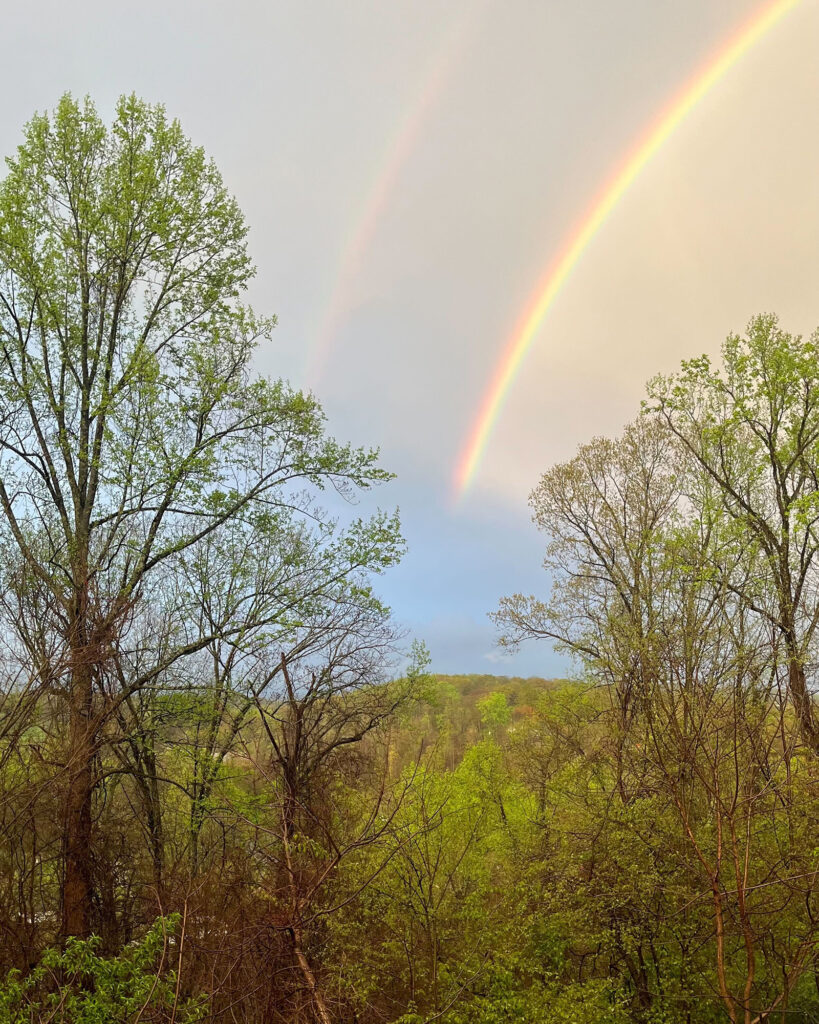
Rainbow promises in a very saturated NE Tennessee.
What’s spring looking like in your corner of the world?
@rbaburina
April 14, 2024

“Let them grow up, too, with the shout of a King in their midst,” writes Charlotte Mason in Parents and Children. “There are, in this poor stuff we call human nature, founts of loyalty, worship, passionate devotion, glad service, which have, alas! to be unsealed in the earth-laden older heart, but only ask place to flow from the child’s. There is no safeguard and no joy like that of being under orders, being possessed, controlled, continually in the service of One whom it is gladness to obey.”
What of those who had the King physically in their midst? In John 11:54 we read that Jesus went to a city called Ephraim. “Blest men of Ephraim who saw the Light!” reflects Miss Mason. She imagines how they would have greeted the King and His twelve peers. Pennons, broideries, and costly carpets? Surely that is what founts of loyalty and passionate devotion would set out.
But no. “No blazonry of heralds, trumpets’ blare, proclaim the news that a Great One has arrived. Scarce any turned to watch the meek procession of the Lamb.” Read or hear Mason’s poem “He tarried at Ephraim” which brings fresh light to a single verse, and unseals the earth-laden heart. Find it here.
@artmiddlekauff